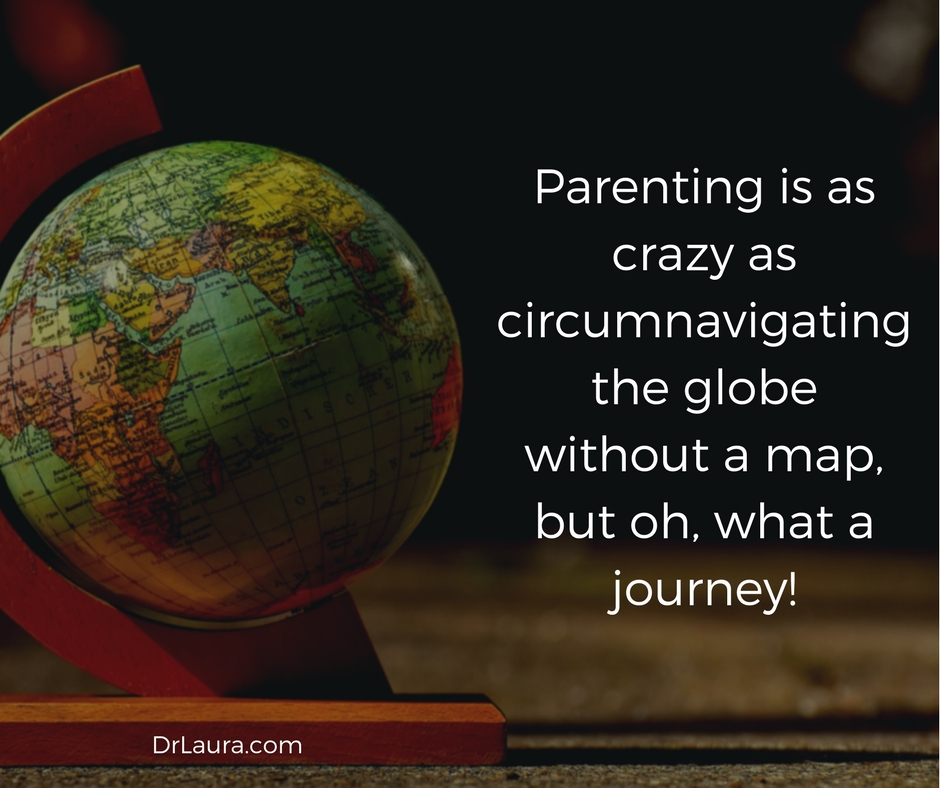
June 6, 20177 Parenting Mistakes That Negatively Impact Your Kids
Sometimes when you’re trying to be a good parent, you actually end up doing things that hurt your kids. Here are 7 parenting mistakes you may be making:
-
You criticize and act disappointed. Constant criticism affects your child’s mood, willingness to try new things, and desire to connect with you. It makes them associate doing things right with how valuable and lovable they are. However, we live asymptotic lives. Perfection isn’t possible for anyone.2
-
You praise for things that aren’t praiseworthy. Positive feedback that’s unearned hurts more than it helps. Sure, praise builds a person’s confidence, but when it’s given for nothing, a child doesn’t learn how to persevere. It’s far better to praise hard work and effort. For example say, “I can’t believe that you stayed with it despite how frustrating it was.” It doesn’t matter if your child accomplished something or not. Esteem-building is associated with tenacity, perseverance, and dealing with frustration, not winning the brass ring. If we need to win to boost our self-esteem, we’ll never be happy.
-
You control their life. Not allowing kids to quit something doesn’t teach them not to quit, so stop pushing your ambitions and coordinating every aspect of their lives. Let them quit. Let them experiment until something lights their fire.
-
You do everything for them. Doing your children’s dishes or cleaning their rooms gives the impression that they can’t do anything for themselves. Kids can only learn responsibility by being responsible.
-
You set the bar way too high. Not every child is capable of getting all A’s and B’s. I know I wasn’t. If you wonder why your child doesn’t try hard in school anymore, maybe it’s because he or she is anxious and fearful of disappointing you because you’re never satisfied.
-
You don’t listen. Kids need to talk about their thoughts, feelings, and experiences. That means you need to actively listen. How else do you feel valued by somebody unless you’re listened to?
-
You compare them. If you got nothing else from Mr. Roger’s Neighborhood, it should be that everyone is special in his or her own way. Don’t compare your child to his or her siblings or anyone else. It’s not all apples to apples.
Want more Dr. Laura? Join the Dr. Laura Free Family to listen to Dr. Laura's daily Call of the Day and receive her Daily Dose newsletter!

Posted by Staff at 7:52 AM
|
|

